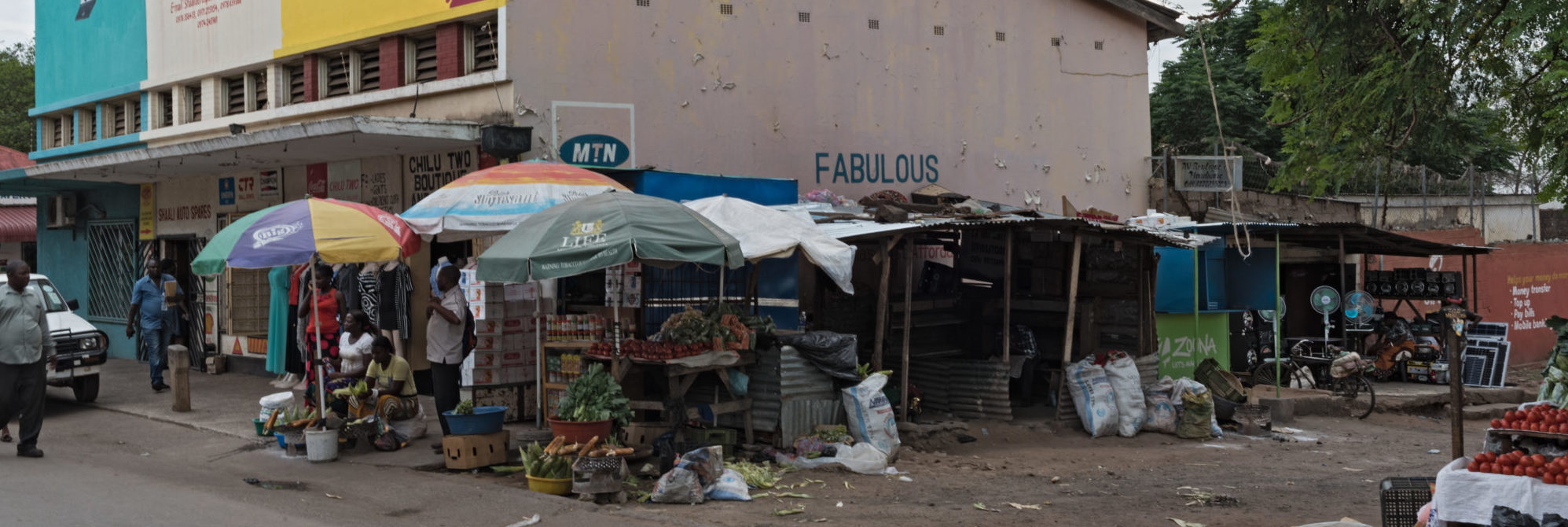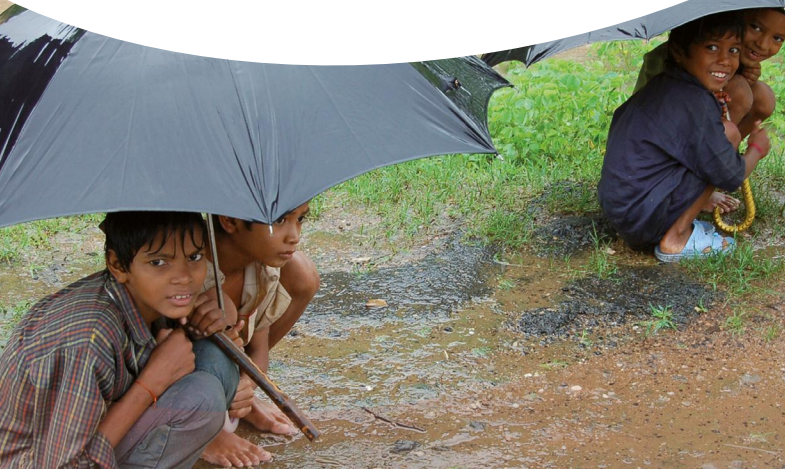
Insurance regulation and innovation: An assessment of 8 African insurance markets
To support regulatory authorities in sub-Saharan Africa in promoting inclusive insurance market development, there is a need to strike a balance between innovation and the accompanying risks that arise. FSD Africa set up the Risk, Resilience and Regulatory Lab (R3Lab) as a platform for capacity-building and peer exchange to assist regulators deliver on








